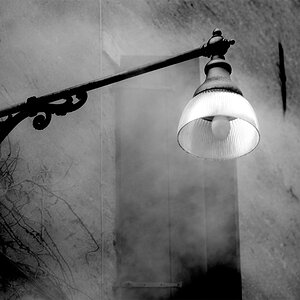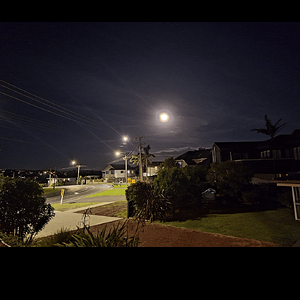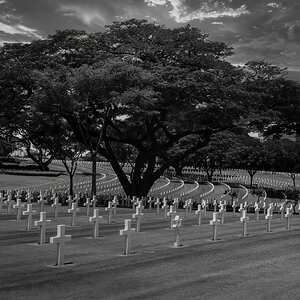Ballistics
Been spending a lot of time on here!
- Joined
- Jun 5, 2011
- Messages
- 3,781
- Reaction score
- 633
Very true. Some people never learn what composition even is until they burned up all their money. Im just so glad I found this site before I did the same.
The learning curve for a DSLR is steep, and I didn't realize that previous to my purchase. After showing my portfolio to a local photographer he recommended the kit I purchased but unfortunately I did not do my research before hand. If I had done so, perhaps I would have felt more comfortable embarking on the DSLR adventure.
I can go back to get the DSLR, but before I make any purchase I want to be sure (this time) it is one that I will use and can use within a month. I don't have years to learn my camera, my kids are growing too fast!
I think it was a big surprise to me because I knew my old camera so well, and the DSLR had my starting back on square 1.
Steep is a relative term, but it's not as intricate as it entails. The problem is, people expect to shoot professional quality images right out of the box with out any real background. With a day's worth of research, you can learn how to take some technically sound pictures.
This is how a lot of people think when buying dslrs.
" Gonna replace my ps with those big fancy slrs then Ill take awesome pics"
" How come my pics still look the same as my old ps camera"
" Maybe a $800 lens will make it better"
" Well its clearer but they are still bad"
Finally they come to a site like this where they are taught composition, proper exposure, depth of field etc. Then they realize that its not the camera, its the person.
Luckily for me I was on the buying the dslr part. I did end up buying a 1k lighting kit but not until I had enough knowledge on how to use it.
Seems like this convo is going on in 5 different threads right now, and I seem to be involved in 4 of them lol.
Yes, the learning curve IS there, but it is the job of the knowledgeable to accept that equipment matters and inform the uninformed about the learning curve.
The reason why people equate to better equipment = better performance, is because:
1) marketing
2) The instant and automatic society we live in.
3)Because it's true.
When it comes to technology, you pay x dollars for y results. Which are instant.
Cameras aren't looked at as a tool by the general public. They are looked at as an automated device that does the work for you.
And that is partially true. When I shot my last jiu jitsu tournament, all I heard was "Awesome pictures/video, that's an awesome camera".
And they are right, it is an awesome camera. Some do not recognize that the imagery would not be the same in their hands, some do.
It doesn't take a long time to see a difference in a persons imagery. As a photographic imaging major, people went from terrible snapshots
to impressive and enjoyable work in a matter of 2 or 3 weeks. It's a very small learning curve, with a million intricacies.
So when you hear someone say "That thing must take awesome pictures", remember why you upgraded.













![[No title]](/data/xfmg/thumbnail/1/1592-cfae4a7ea791f96c6e2d03484be2e454.jpg?1619729144)